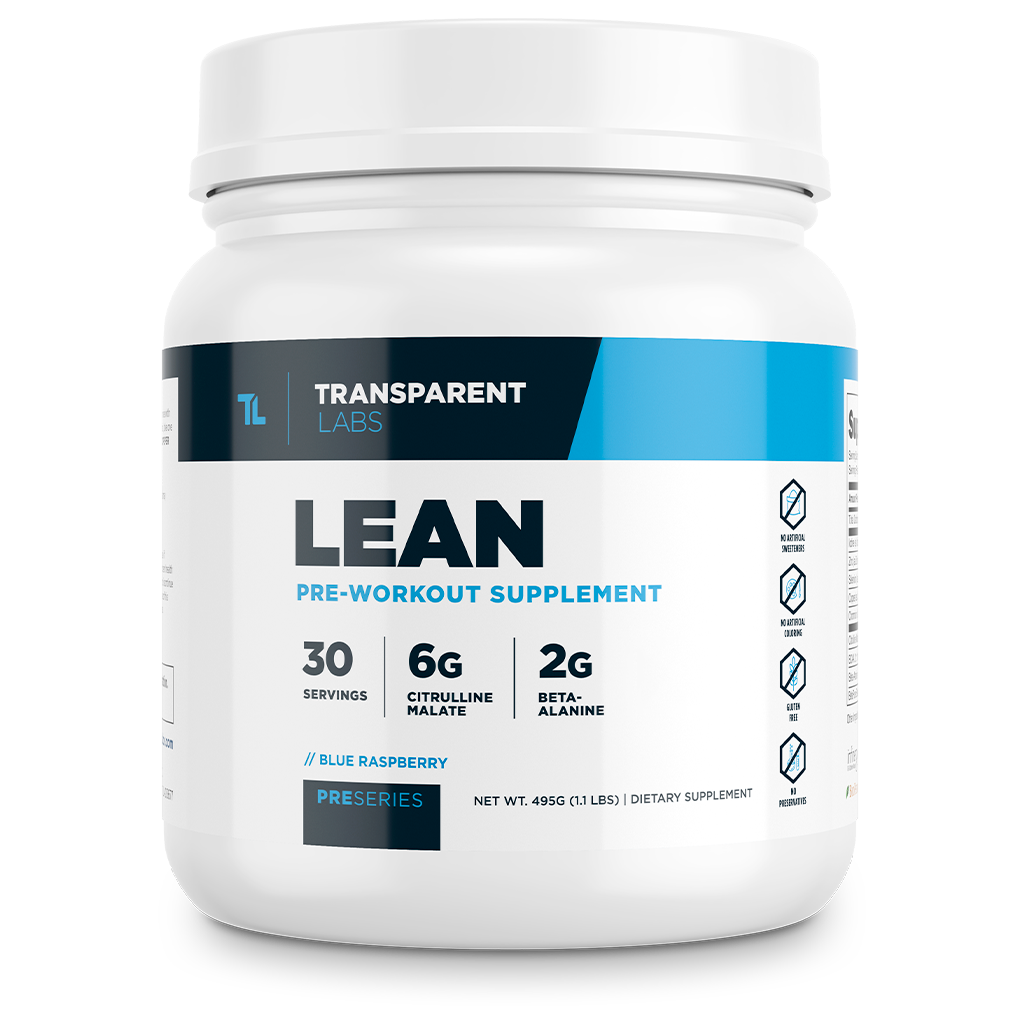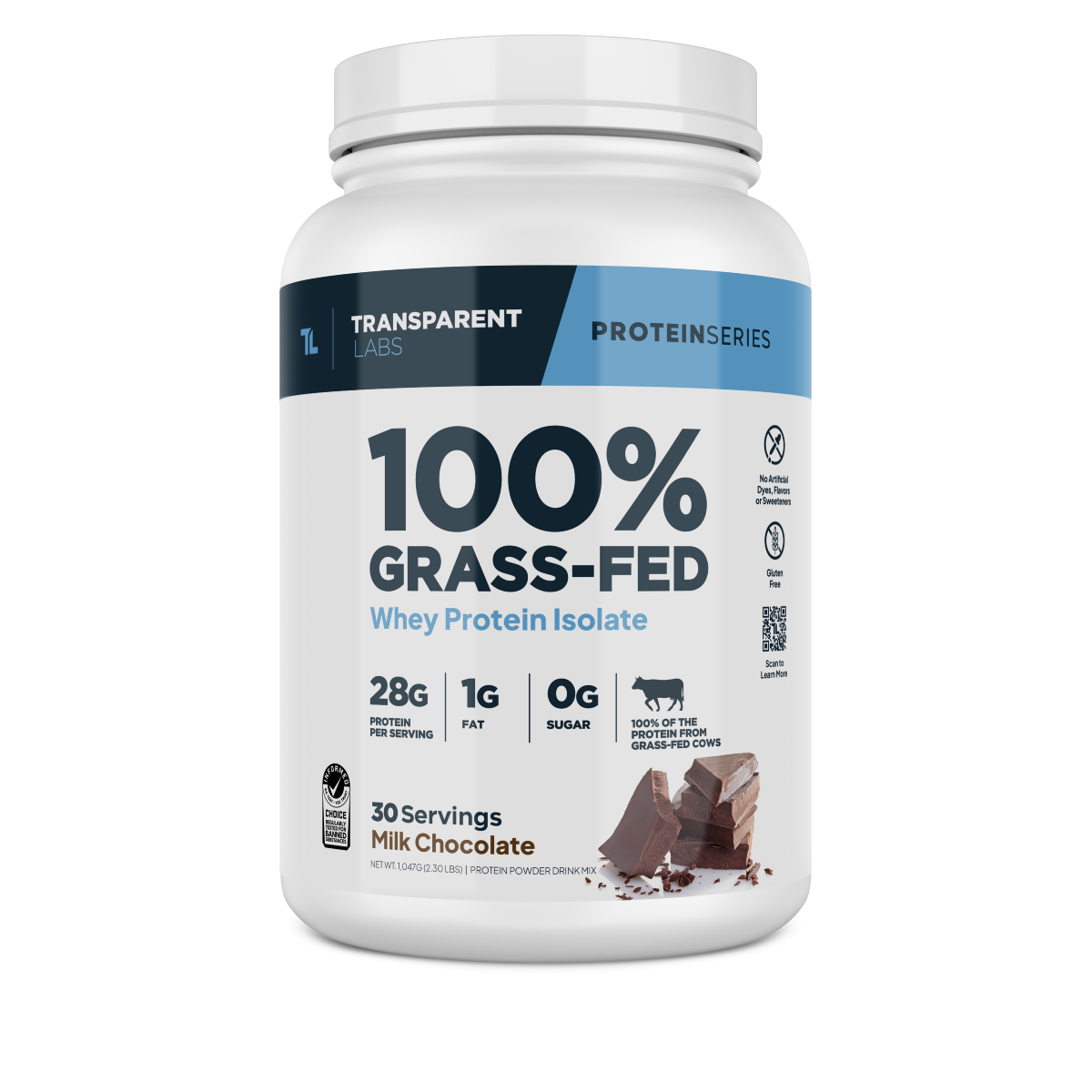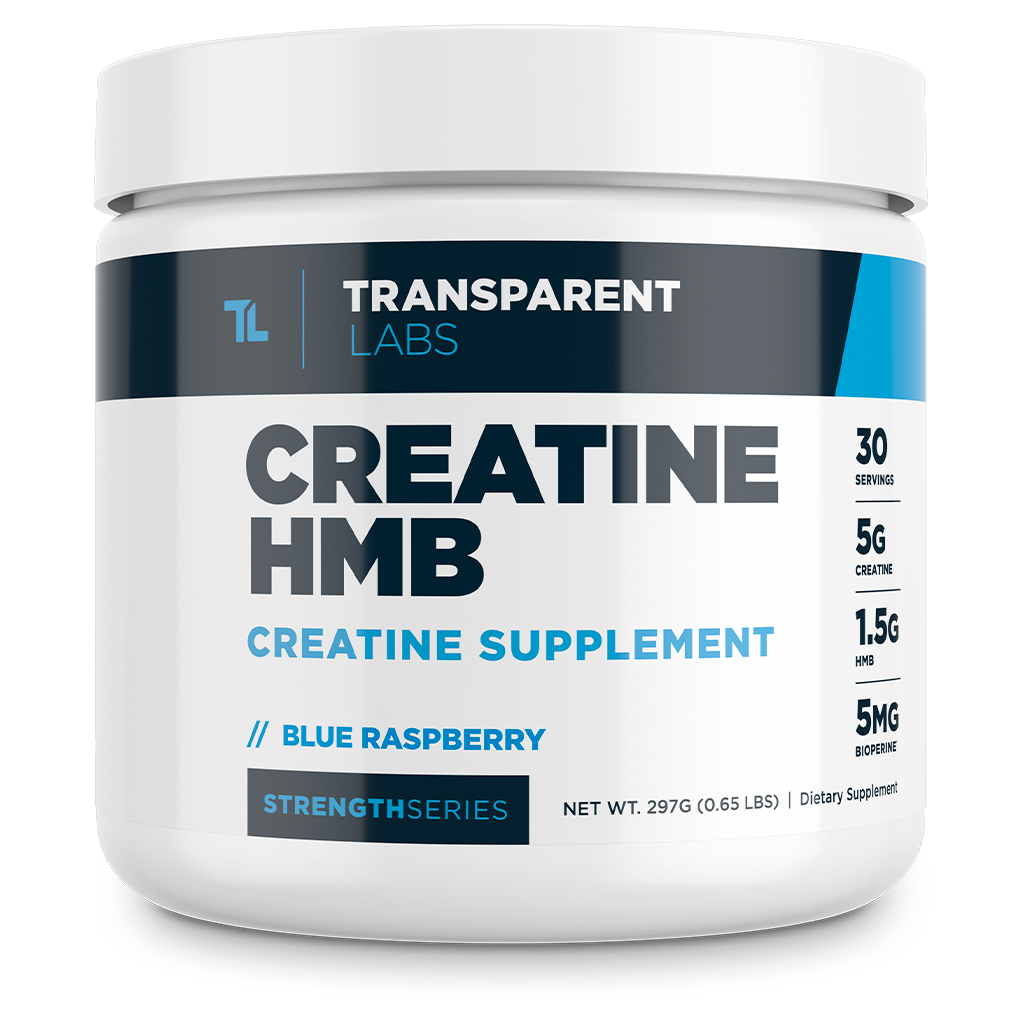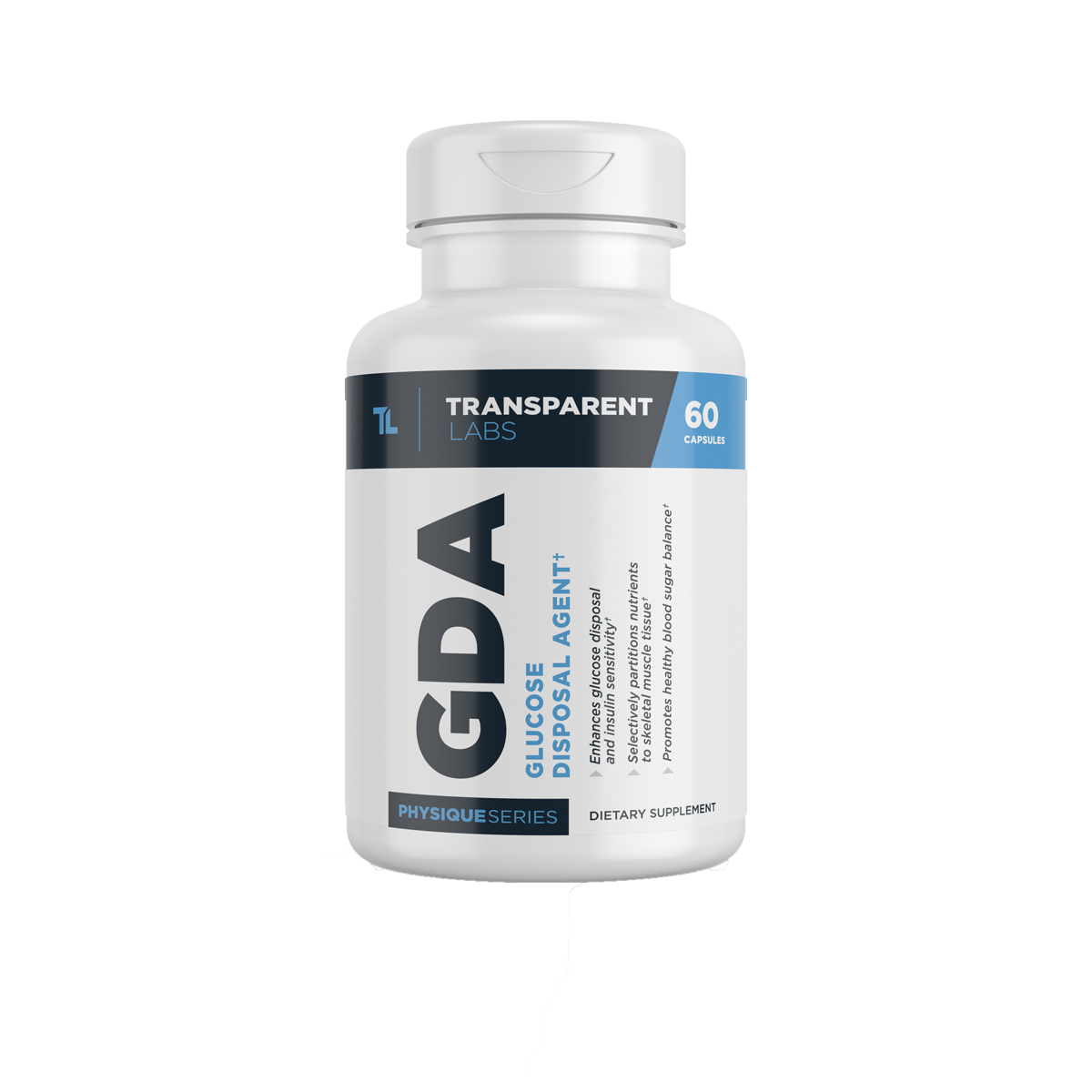Magnesium Deficiency: A Public Health Crisis?
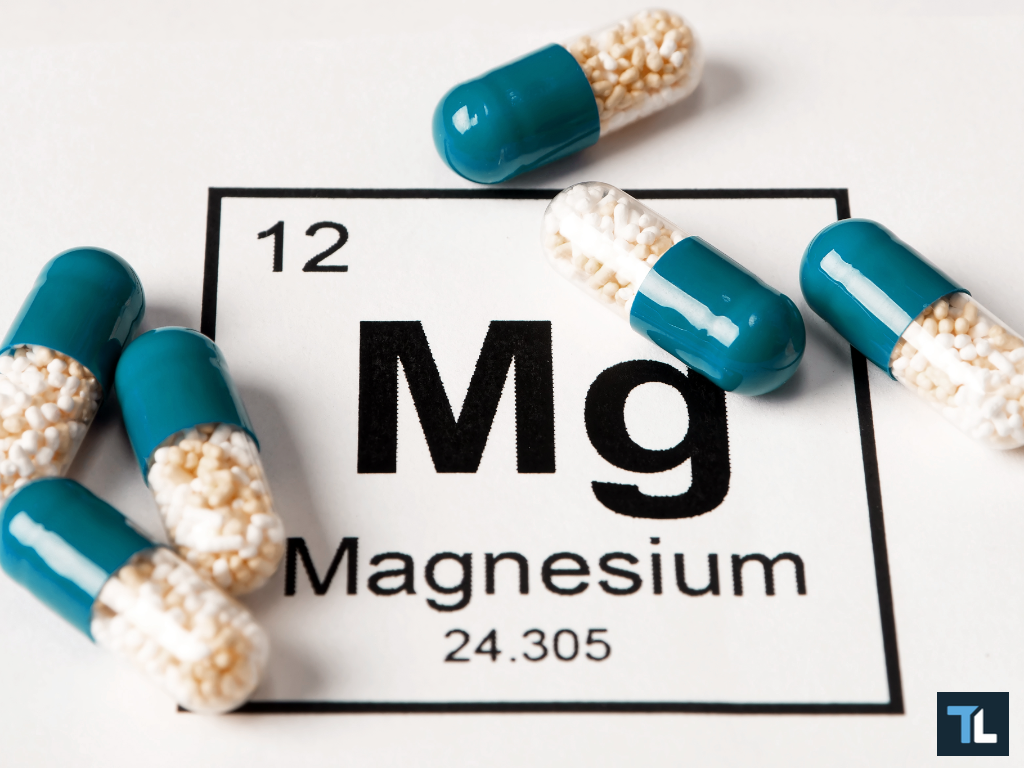
Are You Getting Enough Magnesium?
Magnesium is a ubiquitous pleiotropic macromineral and electrolyte. To date, there are over 300 known biochemical reactions in which magnesium plays a role as a cofactor (read: "helper molecule") [1].
While magnesium is an abundant mineral on Earth and in our food supply — being encased in the center of chlorophyll molecules in plants — it remains a dietary oversight by much of the population. In fact, recent survey data suggests that one in every two Americans does not consume enough magnesium daily [2].
Clinical studies consistently show that low magnesium levels and magnesium deficiency are associated with numerous health conditions, including [3]:
- Type-2 diabetes and insulin resistance
- Poor bone health
- Depression and anxiety
- Constipation
- Cardiovascular dysfunction
- Sex hormone imbalance
- Suppressed immune function
It's no coincidence that a commensurate body of evidence reveals positive effects of magnesium supplements for people with low levels of magnesium [4]. This begs the question, are you getting enough magnesium? How much magnesium do you need per day? What are the health benefits of magnesium supplements?
Let's take an evidence-based approach to answer these questions and get you up to speed on how to increase your magnesium intake safely and effectively.
How Much Magnesium Do You Need Per Day?
The recommended daily allowance (RDA) for magnesium varies throughout the lifespan and between sexes. Adult males typically require more magnesium than adult females (400 mg per day vs. 310 mg per day, respectively), and pregnant/lactating women generally need more magnesium, upwards of 350 mg per day, than women who aren't carrying or nursing.
The fact sheet below provided by Rosique-Esteban et al. (2018) outlines magnesium RDAs for different demographics:

Magnesium Deficiency Side Effects
The prevalence of magnesium deficiency is somewhat unclear, mainly due to a lack of large-scale serum magnesium data. Though, it seems magnesium deficiency is common in certain subpopulations and regions of the world.
A late-20th-century survey of 1,033 serum electrolyte panels from an urban primary care hospital in the U.S. found that 47% of the patients had hypomagnesemia (i.e. clinical magnesium deficiency) [5]. Curiously, only 10% of these panels were ordered specifically because a physician suspected magnesium deficiency.
More recent studies show that anywhere from 1.7% to 37.7% of the population has low levels of magnesium, with a slightly higher prevalence of magnesium deficiency in women than men, particularly older adults [6]. These findings were an alarming impetus for the scientific community. Perhaps the association between low magnesium levels and chronic health conditions like type-2 diabetes, osteoporosis, high blood pressure, and depression is not just correlation but causation?
That may indeed be the case when weighing the extant evidence. We can safely say that getting enough magnesium is imperative for overall health and longevity; failing to do so is a significant risk factor for myriad diseases and their progression, especially when people don't take measures to address the deficiency.

But how can you increase your intake of magnesium naturally? Well, there are two prudent options:
- Consuming more magnesium-rich foods
- Taking magnesium supplements
These are the best sources of magnesium. However, don't misconstrue this to mean that the lion's share of your magnesium intake should come from supplements. Magnesium-rich foods are the priority if you have low magnesium levels. A magnesium supplement can help "fill in the gaps" alongside a proper diet.
Top Magnesium-Rich Foods
Magnesium is (or was) an abundant mineral in plant foods, especially nuts, leafy greens, seeds, and legumes. However, research suggests that dietary magnesium intake is declining rapidly, ostensibly due to eroded soil quality [7]. 
Nonetheless, here are some of the best food sources of magnesium:
- Cashews (28 g raw) — 82 mg of magnesium (~20% of RDA)
- Spinach (180 g cooked) — 157 mg of magnesium (~39% of RDA)
- Avocados (One medium fruit) — 58 mg of magnesium (~15% of RDA)
- Black beans (170 g cooked) — 120 mg of magnesium (~30% of RDA)
- Pumpkin seeds (28 g raw)— 150 mg of magnesium (~37% of RDA)
Notice that all of the above magnesium-rich foods are plant-based. Animal meats, while high in protein, are generally not dense sources of dietary magnesium; the main exception is seafood, notably fatty fish like salmon.
Magnesium Supplement Benefits vs. Risks
In some cases, increasing magnesium levels may require more than just eating magnesium-rich foods. Only a portion of the magnesium in food is absorbed in the intestines, so magnesium supplementation can help offset malabsorption.
Like other vitamins and minerals, the key with magnesium is finding a supplement that provides bioavailable magnesium. If your body can't properly absorb the magnesium in a supplement, you're essentially flushing money down the toilet. Not to mention, taking large doses of a poorly formulated magnesium supplement can exacerbate side effects, such as GI distress.
Magnesium has been an unsung hero in supplemental vitamins and minerals for quite some time. Perhaps the general population is finally recognizing the health benefits of magnesium after neglecting this essential micronutrient for decades.
The plight many people face is that store shelves and online retailers offer an overwhelming array of magnesium supplements. Trying to discern the best magnesium supplements can be quite burdensome for the average consumer.
Here are some tips to keep in mind if you're considering magnesium supplementation:
- Don't be fooled by the price tag or flashy labels that claim to be "doctor-approved." Medical doctors often lack the insight of research scientists since nutrition is not a focus of medical school. That's one reason why you're more likely to get a prescription for a statin inhibitor than a magnesium supplement if you're diagnosed with high blood pressure and low serum magnesium.
- To determine what the best magnesium supplements are, you ultimately need to consider the formulation. It doesn't make much difference if the product is "medically reviewed" or not. Again, that's mostly marketing jargon used to build false trust with potential consumers.
- What should concern you more is the quality of the ingredients in a magnesium supplement. Many supplemental forms of magnesium exist, each with distinct evidence-based merits and potential drawbacks.
- Studies show that amino acid chelates and organic salts of magnesium, such as magnesium bisglycinate and magnesium taurate, tend to be the most bioavailable magnesium forms [8]. In other words, your body can absorb more of the elemental magnesium found in these forms.
- Avoid supplements with magnesium oxide, as this form is poorly absorbed [9].
- Magnesium citrate is the form typically used as a laxative. As such, large doses of magnesium citrate can lead to upset stomach and diarrhea.
Important: The amount of elemental magnesium may not be the same as the dose listed next to the magnesium ingredient(s) in a supplement formula. For example, magnesium citrate — which is usually a 1:1 ratio of magnesium to citric acid — only provides about 11% elemental magnesium by mass. Thus, a supplement that lists a total dose of 100 mg of magnesium citrate is really only giving you 11 mg of magnesium — the remaining 89 mg accounts for the citric acid content.

Magnesium amino acid chelates generally provide between 10% and 25% of their molecular mass as elemental magnesium. It’s crucial to take this into account when taking magnesium supplements.
Evidence-Based Health Benefits of Magnesium Supplements
If you struggle to get enough dietary magnesium, magnesium supplementation may improve several aspects of your health and wellness by increasing bone and serum magnesium status. Recall from earlier that magnesium is an essential micronutrient because it’s an "assisting ion” for a multitude of biological processes.
Magnesium is a divalent cation, meaning it has a positive charge of 2 in the ionic state. You may recall from chemistry class that magnesium — Mg2+— attracts negatively charged anions, like hydroxide (OH-) and chloride (Cl-), to form basic compounds such as magnesium hydroxide and magnesium chloride. Why does this matter, you ask? Well, in the body, magnesium is especially crucial for assisting anionic phosphate (PO43-) transfers throughout cells. Since adenosine triphosphate (ATP) is the veritable "energetic currency" of cellular metabolism, humans and many other organisms depend on magnesium to carry out vital metabolic processes.
For example, magnesium is necessary for:
- Neurotransmitter synthesis and nerve impulse transmission
- Muscle contraction
- Protein synthesis
- Cardiovascular health (e.g. modulating blood pressure)
- Immune response
- Glucose metabolism
- Gastrointestinal function and gut motility
- Hormone balance
- Bone health
- Hydration
Magnesium also plays a role as an antioxidant throughout the body [10]. Studies even show magnesium helps alleviate symptoms of mood disorders like generalized anxiety disorder (GAD) and depression [11].
As you can imagine, the health benefits of magnesium supplements are quite diverse and may include [12]:
- Fighting stress and anxiety
- Improving cardiovascular function
- Supporting cognitive function and mental acuity
- Maintaining regularity and gastrointestinal function
- Enhancing bone health
- Promoting cellular hydration and reducing the risk of muscle cramps
Get More Magnesium in Your Diet
Considering that people who follow a typical Western diet often overlook plant-based foods, it’s reasonable to assume that magnesium intake is declining in the United States. Some researchers have gone so far as to declare magnesium deficiency, whether clinically diagnosed or not, a public health crisis and a significant risk factor for epidemic diseases like type-2 diabetes and heart disease [13]. Even subclinical magnesium deficiency in older adults is associated with an increased risk of metabolic syndrome, chronic oxidative stress, endothelial dysfunction, mental health disorders, and many other debilitating conditions [14].
The long-term ramifications of not ingesting adequate amounts of magnesium are patently clear. Thankfully, more people are now taking an interest in the health benefits of magnesium and where to look for health information on vitamins and minerals.
All in all, taking a magnesium supplement is generally a sensible choice from a health and wellness standpoint, primarily if you don't consume plenty of magnesium-rich foods. Err on the side of a conservative magnesium-dose (e.g. 50 to 100 mg per day) to start, then increase as necessary. It may help to seek out medical advice from a registered dietitian before you start taking high doses of magnesium.

Transparent Labs Mag Bisglycinate provides 300 mg of magnesium bisglycinate chelate per serving, corresponding to about 80 mg of elemental magnesium. Since magnesium bisglycinate is gentle on the stomach compared to other magnesium forms, you won’t have to worry about GI distress after taking this supplement.
Take advantage of the stack and save option to get three bottles of Mag Bisglycinate for just $14.33 each. For a foundational magnesium supplement, you'll be hard-pressed to find a better value for this kind of quality.

